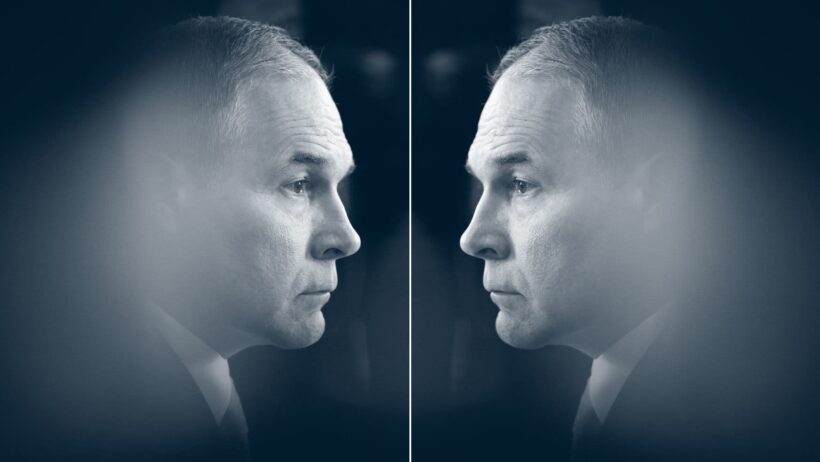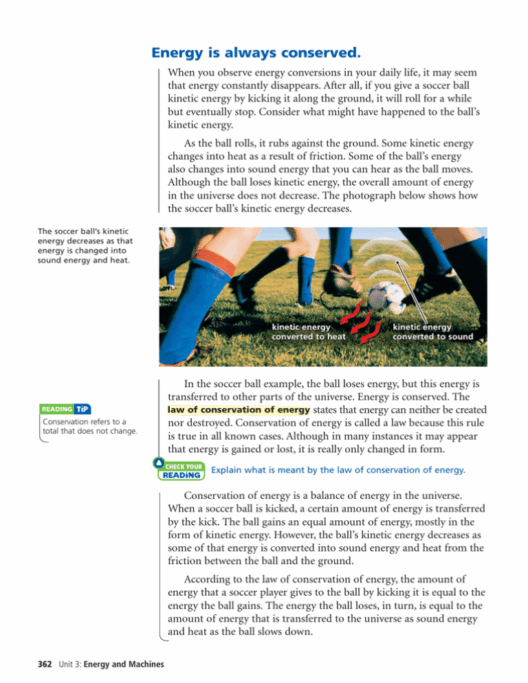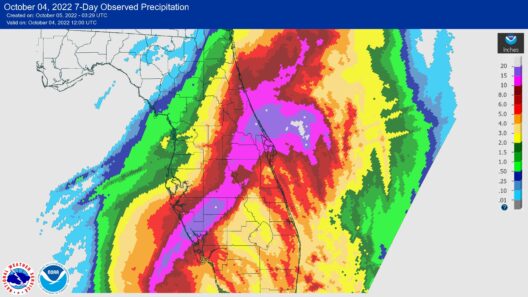Global warming, a phenomenon characterized by the gradual increase in Earth’s average temperature due to the buildup of greenhouse gases, has become one of the most contentious topics in contemporary discourse. The juxtaposition of believers and skeptics in the realm of climate science presents a rich tapestry of ideologies, influencing not only public perception but also policy-making on an international scale. Delving into who believes in global warming—and who does not—demands an examination of varying demographics, educational backgrounds, political affiliations, and the profound role of media in shaping these beliefs.
The scientific consensus regarding global warming is robust; an overwhelming majority of climate scientists affirm that human activities, particularly the combustion of fossil fuels, deforestation, and industrial emissions, are the primary drivers of climate change. According to reputable studies, approximately 97% of climate scientists agree on the anthropogenic origins of global warming. This consensus underpins the credibility of climate models and projections, asserting that without substantial mitigative action, the consequences of climate change will be catastrophic and far-reaching, affecting biodiversity, weather patterns, sea levels, and human health.
Nevertheless, a significant segment of the population remains skeptical about global warming. Who are these individuals, and what drives their disbelief? Research indicates that skepticism is often highest among those with lower levels of formal education and among individuals residing in regions heavily reliant on fossil fuel industries. The psychological dimensions of confirmation bias also play a crucial role; individuals tend to favor information that aligns with their preexisting beliefs, leading to the dismissal of scientific data that contradicts their worldviews.
Political affiliation heavily influences perceptions of global warming. In the United States, for instance, Democrats are more likely to acknowledge the reality of climate change compared to their Republican counterparts. This division can be traced back to the socio-political landscape, where climate change has been politicized, often viewed through the ideological lens of the broader environmental policies and regulations proposed by the left. Furthermore, the alignment of political rhetoric with economic interests—particularly those tied to fossil fuel production—compounds the polarization surrounding climate discourse.
The role of the media in shaping public perception cannot be overstated. Traditional media outlets, social media platforms, and even entertainment have become conduits for information regarding climate change. While reputable journalism strives to present factual accounts of environmental science, sensationalism and misinformation can inadvertently sow seeds of doubt about the legitimacy of climate change. The coverage of extreme weather events, for instance, can be interpreted through various frames, either as further evidence of climate change or as isolated incidents unrelated to broader climatic trends.
Interestingly, the beliefs about global warming also differ markedly based on geographical regions. In many industrialized nations, awareness and acceptance of climate change are relatively high; conversely, in developing regions or among populations with immediate economic concerns such as food security or poverty, climate change may be perceived as a distant threat. In these contexts, immediate survival often takes precedence, overshadowing long-term environmental considerations.
Another contributing factor to skepticism lies in the complexity and scientific jargon associated with climate science. For many, understanding the intricacies of carbon cycles, atmospheric changes, and the implications of climate models can be daunting. This complexity often leads to alienation, wherein individuals feel disempowered to engage with the discourse meaningfully. Bridging this knowledge gap is thus vital. Educational initiatives that simplify scientific principles and articulate the direct, tangible consequences of climate change on daily life could foster greater belief and commitment among skeptics.
The intersection of economic interests and belief in global warming is particularly salient. For industries rooted in fossil fuels, acceptance of climate change could necessitate drastic shifts in business models, potentially leading to job losses and economic instability. This fear often triggers defensive reactions among stakeholders, resulting in systematic downplaying of climate science. Such responses highlight a broader struggle between economic incentives and environmental stewardship. It is imperative, therefore, for policymakers to incentivize green technologies and sustainable practices while assuaging economic fears, creating a dual narrative where ecological responsibility can coexist with economic opportunity.
Moving forward, a multi-faceted approach is essential in bridging the divide between believers and skeptics of climate change. Engaging local communities through dialogue, fostering collaborations between scientists and non-specialists, and enhancing science communication efforts could cultivate an environment ripe for constructive discussion. Addressing the emotional and psychological dimensions of belief is equally crucial; frameworks that acknowledge and validate individual concerns while presenting scientifically backed solutions can promote a more unified understanding of climate issues.
As the world grapples with the implications of climate change, the dichotomy between belief and disbelief necessitates urgent attention. The future trajectory of our planet hinges not solely on scientific advancements but also on the collective will of individuals, communities, and nations to acknowledge the urgency of the situation. A shift in perspective—from skepticism to acceptance—could unlock a wealth of possibilities for innovative solutions and global cooperation in the fight against climate change.
In conclusion, understanding who believes in global warming and who does not involves a multifaceted exploration of science, psychology, politics, and media influence. While the scientific community remains steadfast in its consensus, diverse beliefs challenge the pursuit of unity in addressing the climate crisis. Engaging skeptics through education, dialogue, and empathetic communication can pave the way for broader consensus, marking a crucial step towards meaningful action in the face of a looming global threat.






